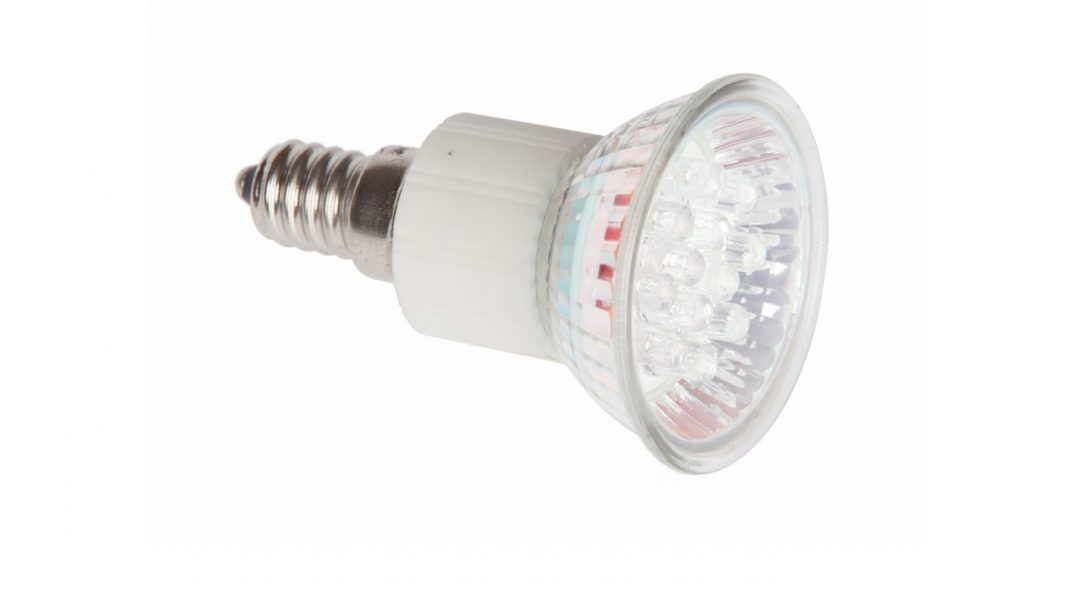A real-time, in vivo, and minimally-invasive transdermal biosensing system for hydrogen peroxide monitoring is developed.


A real-time, in vivo, and minimally-invasive transdermal biosensing system for hydrogen peroxide monitoring is developed.

Customizing treatments to meet individual patients’ needs is the future of healthcare.

Special issue in Advanced Healthcare Materials, edited by Weiqiang Chen and Deok‐Ho Kim, including biomaterial-immune cell interactions, immunotherapy, immune organs-on-chip and mechanobiology.

A team of researchers from the University of Paris, France developed a compact high‐speed full‐field optical coherence microscope for high‐resolution in vivo imaging of biological tissues.

Scientists develop a reversible adhesive skin patch with high air permeability and water drainage.

A team of researchers from the Vanderbilt University in Nashville, USA, developed a visually guided Raman spectroscopy probe for cervical assessment during pregnancy which could help in diminishing premature births.

In situ synthesis of magnetic nanoparticles in a hydrogel and fabrication of a magnetic thermoresponsive hydrogel composite.
![Quantum Nanomaterials for Ultraefficient Medicial Probes [Video]](https://www.advancedsciencenews.com/wp-content/uploads/2019/02/adma201806993_ASN_image.png)
Tuning the local environment of ultrasmall silica nanoparticles leads to ultrapotent probes for photodynamic therapy.
![Click-to-Sense Probe for Breast Cancer Surgery [Video]](https://www.advancedsciencenews.com/wp-content/uploads/2019/02/advs201801479_ASN_image.jpg)
Acrolein produced by cancer cells can be detected within five minutes, allowing for rapid diagnosis of cancer morphology during breast-conserving surgery.

Leather finds new life as an electronic skin.